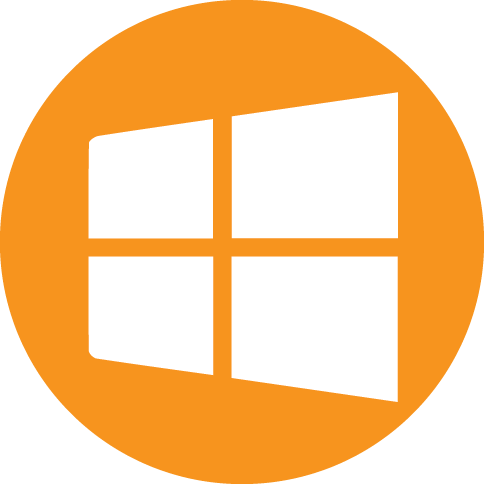ERP Evaluations
Evaluating enterprise resource planning (ERP) systems for possible acquisition is a major undertaking – you and your selection committee/stakeholders have a lot of research material and operation data to consider. The key to picking the right ERP software is identifying your business needs and finding the solution that best meets them.
The most beneficial part of an ERP evaluation period is that it is a time to take a hard look at business processes and see where things can be made leaner and more effective. In the busy-ness of doing business, it is often hard to see which workstreams have become inefficient or ineffective. An organization certainly does not want to select an ERP system that fits its processes if those processes aren’t optimal. Finding new processes that decrease waste and provide greater customer value should always come first.
ERP Evaluations
The evaluation period is also a time to reconnect the business units of an organization with their IT backbone. All too often an organization takes for granted the IT aspect of doing business, which can lead to inefficient and bloated processes. By including IT into all aspects of the evaluation period, an organization can get business and IT management at the same table and ensure that the implementation and support of the newly selected ERP software system will be a success.
The decision to implement a new ERP system isn’t one that should be made lightly. It requires an investment in time and planning. However, you don’t have to make the decision on your own; the assistance of a knowledgeable consultant is invaluable. And having the right consultant makes all the difference. The right consultant can usher a company into an age of improved productivity and effective processes. Conversely, the wrong consultant can leave a firm mired in inefficiency. In fact, making a poor choice in consultants can actually set a business back further than before they came along.
Microsoft Dynamics 365 supports operational efficiency in all key functional areas, including:

ERP Evaluation Criteria
Your ERP software should meet most or the following criteria, depending on your organizational needs.

Customer Relationship/Account Management
Ensure that the CRM module lets users view customers across a wide range of custom views including products, geography, account type and more. An effective CRM Module should also allow ease of access to necessary ERP information on any device at any time.

Lean Manufacturing
If in manufacturing, you need tools that support lean manufacturing and flow scheduling practices for production, replenishment and inventory.

Accounts Payable Reporting
Good ERP systems will provide your AP team with sufficient reporting so that collections is more efficient and account aging is easier to assess.

Logistics Management
Since logistics management is essential to all of your organization’s planning and execution, having logistics management in your ERP is a core feature. I don’t think an ERP qualifies without logistics management as an integral feature.

Training
Obviously, ERP is an advanced technology with many different potential modules you’ll want to utilize. Make sure that upfront and ongoing training comes standard from your list of potential ERP vendors.
